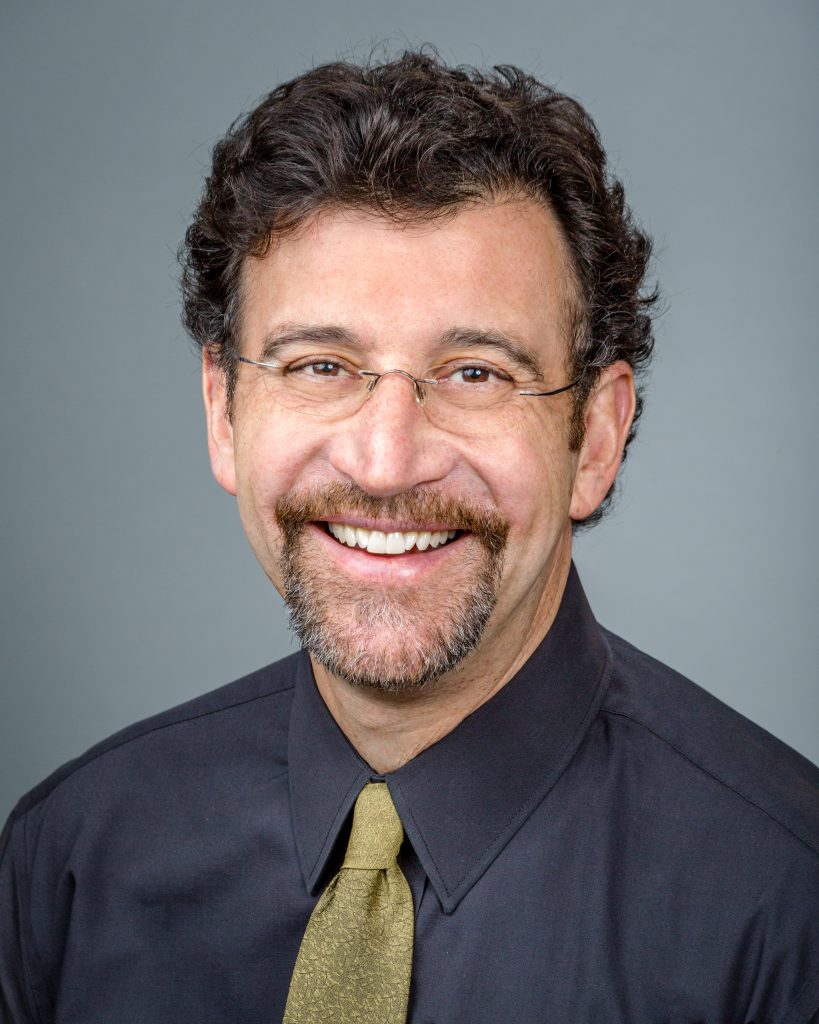At various times in history, it can often seem that the nature of the truth is a slippery concept. Still, in nursing, the importance of the truth is a sacred trust between nurses, patients, colleagues, and society as a whole. Without truth as a central protective tenet of nursing practice and the nurse-patient relationship, the delivery of care is reduced to nothing more than a transaction devoid of any ethical basis or moral underpinnings.
As nurses, we want much more than a transactional, task-based work life — we want our practice to be steeped in the truth as a means to do what we are called to do: care for others with the utmost compassion, skill, and kindness.
The 7 Ethical Principles of Nursing
The American Nurses Association (ANA) Code of Ethics for Nurses with Interpretive Statements is an important document that outlines the seven ethical principles of nursing:
- Accountability
- Justice
- Nonmaleficence
- Autonomy
- Beneficence
- Fidelity
- Veracity
These ethical principles are core standards by which nurses can go about their work and how their words and deeds can be judged. For the consistently most trusted profession in the United States year after year, ethics continue to be a behavioral hallmark that serves as a foundation for all that nurses do.
Veracity in Nursing
The lack of truthfulness in nursing and healthcare can damage credibility with patients and colleagues and have other negative consequences. Veracity has to do with honesty, respect for ourselves and others, as well as respect for our employer and the very institutions of nursing, medicine, and healthcare.
How and where does this concept appear in nursing practice and nurses’ professional lives? This is an idea well worth exploring.
Documentation
Of all the things that nurses do, documenting truthfully, accurately, and timely is among the most important and foundational actions. As we are told ad nauseum during nursing school (or should be if we aren’t): “If you don’t write it down, it never happened.”
Nurses’ documentation of medications administered, procedures and interventions completed, conversations taken part in, and care given is central to our function. Documentation is at the core of healthcare delivery, and its accuracy can have far-reaching legal and ethical consequences.
Informed consent
Patients need to understand what is being done to them and why. Whether as research participants or as healthcare consumers in any setting, informed consent is an elemental facet of veracity — without it, trust can never be fully built.
Direct nursing care
Veracity manifests in the nursing tasks we undertake. If we perform a procedure haphazardly or with a laissez-faire attitude, many negative consequences can result, including patient injury, infection, or even disability or death. When a nurse performs a task, it must be done with 100 percent accuracy and adherence to the letter of the policy or procedure outlining how that task is to be completed — in essence, this is veracity in action.
Communication
Nurses want to be impeccable with their words. Whether communicating with patients, their families, or colleagues, truthfulness is crucial. A large portion of nursing care revolves around communication, with emotional and relational intelligence as key factors in such communication being therapeutic, truthful, and constructive.
Whether we communicate with patients and their families about procedures and medications (see informed consent above), the dying process, the financial cost of medical care, or a diagnosis or prognosis, truthfulness should always win out.
Honest communication can come in the form of admitting that you don’t know the answer to a patient’s question or don’t understand how to perform a certain task or procedure. It can also come in the form of admitting to a mistake. If a nurse administers the wrong medication, veracity means being forthright about committing an error. The same goes for a nurse who has fallen into inappropriate substance use or narcotic diversion — telling the truth can save lives, including the nurse’s own. As the old cliché says so clearly, the truth can set you free.
If all nursing communication is steeped in a philosophy of veracity, the rest will likely follow suit. Being truthful in word but false in deed are not usual bedfellows; thus, the nurse who is fully committed to the truth is likely to be completely committed in all aspects of their work and career.
Let the Truth Be Your Guide
The seven ethical principles of nursing are a powerful guide to an honorable livelihood, ethically balanced nursing practice, and career satisfaction. And veracity is a consequential place to begin.
The truth must be a cornerstone of all we do as nurses; otherwise, if we play fast and loose with the truth, we’re practicing nursing in a way that can do great harm.
In the final analysis, veracity can serve as a strong foundation for a better life and a happier and more satisfying career. With truth as your guide, you truly can’t go wrong.
 Keith Carlson, BSN, RN, NC-BC, is a nurse, holistic career coach, writer, podcaster, and keynote speaker. Keith has conducted more than 2,000 coaching sessions with nurses from all walks of life, and his podcast, The Nurse Keith Show, reaches nurses throughout the world with fascinating interviews and messages of inspiration and career strategy. He lives and works in beautiful Santa Fe, New Mexico.
Keith Carlson, BSN, RN, NC-BC, is a nurse, holistic career coach, writer, podcaster, and keynote speaker. Keith has conducted more than 2,000 coaching sessions with nurses from all walks of life, and his podcast, The Nurse Keith Show, reaches nurses throughout the world with fascinating interviews and messages of inspiration and career strategy. He lives and works in beautiful Santa Fe, New Mexico.
If you’re looking to level up your nursing career, check out our affordable and accredited online nursing programs.

